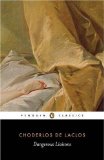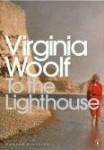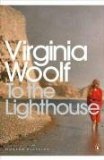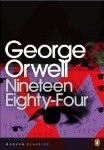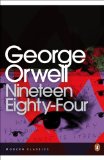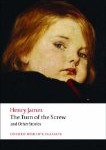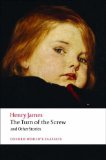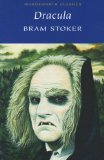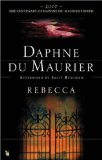Translated from the French by Helen Constantine
Dangerous Liaisons was the latest choice for my book-group and I was very pleased to be forced to read it, as there was no way I’d have picked it up myself!
First published in 1782, the book is written entirely in the form of letters between members of the French aristocracy. The two central characters are former lovers who enjoy seducing others; through increasingly deceptive letters they try to win the attention of a married woman and an innocent convent girl.
Unfortunately the book annoyed me from the beginning. I have never been a fan of reading about privileged people who have nothing to worry about other than their own appearance – they are so self absorbed that I just want to slap them! The characters in this book were some of the worst I’ve come across, spending their entire day writing letters to each other and gossiping. This just holds no interest for me.
You say she is plainly dressed; and so she is: all ornament spoils her; everything that hides her detracts from her beauty; in the abandonment of déshabillé she is truly ravishing.
Their soppy proclamations of love for each other irritated me and I just didn’t care what happened to any of them.
The letter format also meant that there were no descriptions, depriving the book of period atmosphere. It could easily have been set in a different country, or even time period, and little would change. Some would say this was a plus-point, but I would have loved to know what their surroundings looked like and to imagine the sounds and smells of the city.
I waded through 177 pages of increasingly dull conversations before I finally decided that I my time would be better spent reading a book that I enjoy – I gave up and read the plot summary on wikipedia!
I was the only member of the book group to hate it – the 7 other people present loved the wicked characters and their manipulative ways. I appear to be in the minority on this one, so please don’t avoid the book on my account.
(DNF)
Have you read Dangerous Liaisons?
Did you enjoy it?

